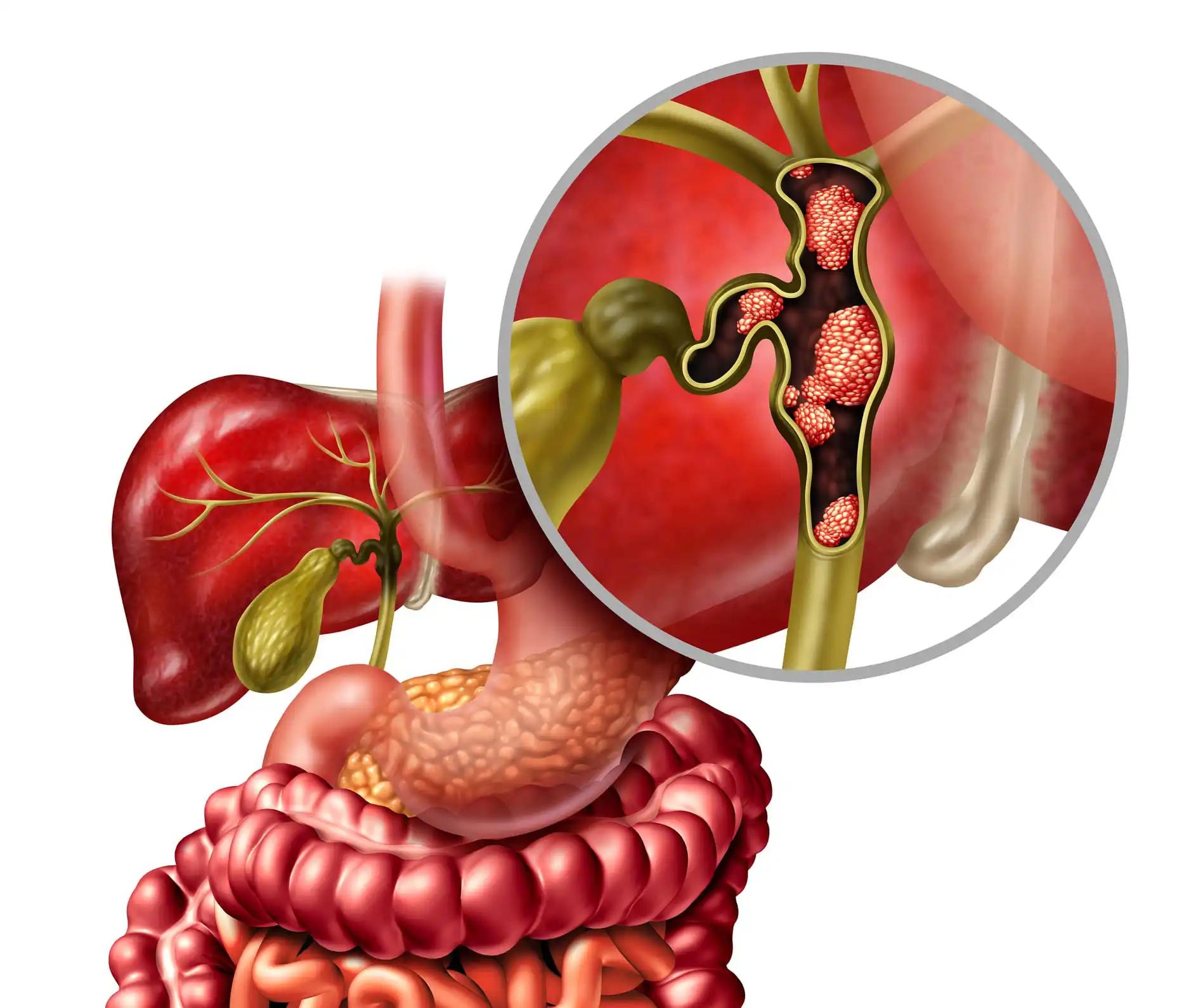KEY TAKEAWAYS
- Adagrasib, a mutant KRAS G12C protein, showed clinical activity in heavily pretreated patients with metastatic colorectal cancer in both monotherapy and combination therapy with cetuximab in this phase 1-2 open-label clinical trial.
- The study’s primary endpoints were objective response and safety, with the combination therapy group showing a higher response rate of 46% compared to 19% in the monotherapy group.
- The median response duration was more than 6 months in the combination therapy group, with a median progression-free survival of 6.9 months.
- Reversible adverse events were common in both groups, with the combination-therapy group experiencing a lower percentage of grade 3 or 4 treatment-related adverse events at 16% compared to 34% in the monotherapy group.
- Preclinical studies suggest that combining a KRAS G12C inhibitor with an epidermal growth factor receptor antibody, as seen in the combination therapy group in this study, could be an effective clinical strategy for treating several tumor types, including colorectal cancer.
Adagrasib is an orally bioavailable, small-molecule inhibitor of the mutant KRAS G12C protein, and it has demonstrated clinical activity in previously treated patients with numerous tumor types, including colorectal cancer. Combining an epidermal growth factor receptor antibody with a KRAS G12C inhibitor may prove to be a successful clinical strategy, as suggested by preclinical research.
Patients with KRAS G12C mutant metastatic colorectal cancer were randomly assigned to receive either adagrasib monotherapy (600 mg orally twice daily) or adagrasib monotherapy (at the same dose) in combination with intravenous cetuximab once a week (with initial loading dose of 400 mg per square meter of body-surface area, followed by a dose of 250 mg per square meter of body-surface area) or every 2 weeks (with a dose of 500 mg per square meter). Objective response (full or partial reaction) and safety were the key measures of success.
Median follow-up for patients who received adagrasib alone was 20.1 months, and for those who had adagrasib and cetuximab in combination, it was 17.5 months as of June 16, 2022. Around 19 percent of patients in the monotherapy group (43 evaluable patients) showed a response (95% CI, 8 to 33). Progression-free survival was at 5.6 months (95% CI, 4.1 to 8.3), and the duration of response was at 4.3 months (95% CI, 2.3 to 8.3). Among the 28 patients who could be assessed after receiving combination therapy, the response rate was 46% (95% CI, 28 to 66). Median progression-free survival was 6.9 months (95% CI, 5.4 to 8.1), and median response duration was 7.6 months (95% CI, 5.7 to not estimable).
Treatment-related adverse events in grades 3 or 4 were more common in the monotherapy group (34%) than in the combination therapy group (16%). However, there were no serious adverse events.
Patients with advanced, KRAS G12C-mutant, metastatic colorectal cancer responded favorably to adagrasib as either an oral monotherapy or in combination with cetuximab, despite having received extensive prior treatment. In the group receiving combination therapy, the median duration of response was greater than 6 months. However, each group saw a high rate of temporary side effects.
Source: https://pubmed.ncbi.nlm.nih.gov/36546659/
Clinical trial: https://clinicaltrials.gov/ct2/show/NCT03785249/
Yaeger, R., Weiss, J., Pelster, M.S., Spira, A.I., Barve, M., Ou, S.-H.I., Leal, T.A., Bekaii-Saab, T.S., Paweletz, C.P., Heavey, G.A., Christensen, J.G., Velastegui, K., Kheoh, T., Der-Torossian, H. and Klempner, S.J. (2023). Adagrasib with or without Cetuximab in Colorectal Cancer with Mutated KRAS G12C. New England Journal of Medicine, 388(1), pp.44–54. doi:https://doi.org/10.1056/nejmoa2212419.



